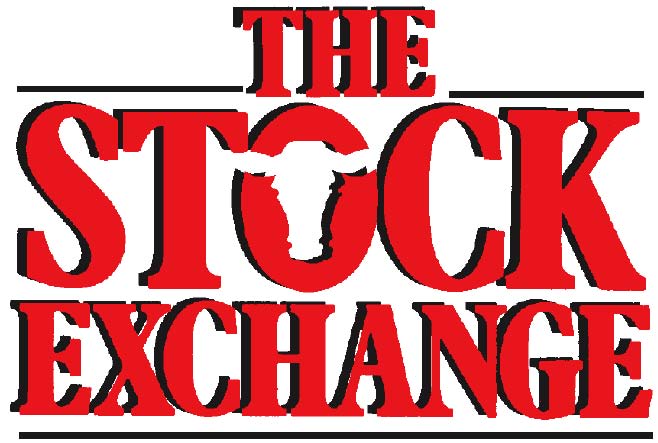K-State researchers land $760K grant to boost safety of food
Vipham says food safety impacts public health, human prosperity MANHATTAN, Kan. – A Kansas State University researcher says that a $760,000 grant from the Feed the Future Innovation Lab for Food Safety will boost efforts to protect the safety of food across the country and world. Jessie Vipham, an assistant professor in K-State’s Department of Animal Sciences and Industry, will lead the 3 ½ year project that begins in November and will involve experts in…
